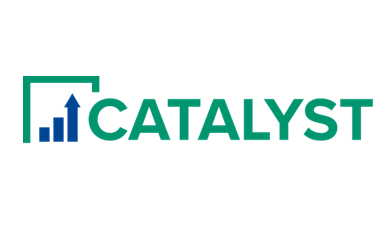
It’s important to recognize that setting boundaries may require making difficult but necessary decisions to protect your sobriety. Events, specific people (such as friends who are also using), and certain places can put you at a higher risk of relapsing. A relapse prevention plan works best when you do it under a therapist or counselor’s supervision. That way, what is relapse, and give 3 skills for preventing it from happening. you can explore new behaviors and thought patterns to help you stay clean. Opioid relapse prevention must consider the powerful cravings and physical withdrawal symptoms that can accompany opioid dependence.
Building and Maintaining a Support Network
Warren is a Licensed Master Social Worker, who specializes in substance abuse and mental health treatment. Clinically, Warren has developed a therapeutic skillset that utilizes a strengths-based perspective, Twelve Step philosophies, Cognitive Behavioral Therapy and Motivational Interviewing. Identifying triggers and high-risk situations can be done by working with a healthcare professional or counselor, who can provide individualized assistance. To navigate high-risk situations, it’s important to establish boundaries and communicate them to others. This may involve distancing yourself from certain individuals or places or avoiding situations where substances are present.
Mastering Relapse Prevention Planning: Your Guide to Sustained Recovery

For example, say “I feel overwhelmed when we talk about drinking at parties, and I need us to focus on other topics,” instead of accusing or blaming them. Enter your phone number below to receive a free and confidential call from a treatment provider. Join our newsletter and we’ll keep you in the loop about all of our latest news, programs and ways to get involved.
Care for yourself
This approach strengthens recovery for substance use disorders, behavioral addictions, mental health concerns, and other conditions. Remember, the journey towards recovery is not a linear path, https://ecosoberhouse.com/ but rather a continuous process of learning about what relapse is and growth. Keep pushing forward and remember that you are not alone in this journey – together with experts at Lantana, we can overcome the challenges of addiction and embrace a healthier, happier future. Therapy sessions, whether individual or group, can also play a crucial role in relapse prevention. Working with a therapist can help you address underlying issues that may contribute to substance use, develop healthy coping strategies, and improve your overall mental health. Substance abuse treatment programs recognize the importance of relapse prevention techniques and incorporate them into their curriculum.
- You can learn more about these options and find available facilities through Recovered.
- It focuses on enhancing self-control by recognizing triggers, developing coping strategies, and maintaining motivation to stay sober.
- Once a triggering event starts, it can kick off a cycle that ends with a return to use that can be difficult to recover from.
- Making a list of internal and external triggers is an efficient way to gain awareness of one’s triggers and reduce the risk of relapse.
- Relapses can be a single episode or they can last for days, weeks, months, or even years.
What Triggers Lead to Relapse?

Biosensors and wearable technology are increasingly being used in relapse prevention to monitor physiological indicators that may signal a heightened risk of relapse. Biosensors can track physiological data such as heart rate, skin temperature, and sweat levels, which may indicate stress or cravings. These devices can provide real-time feedback and alerts to help individuals manage their recovery proactively.
